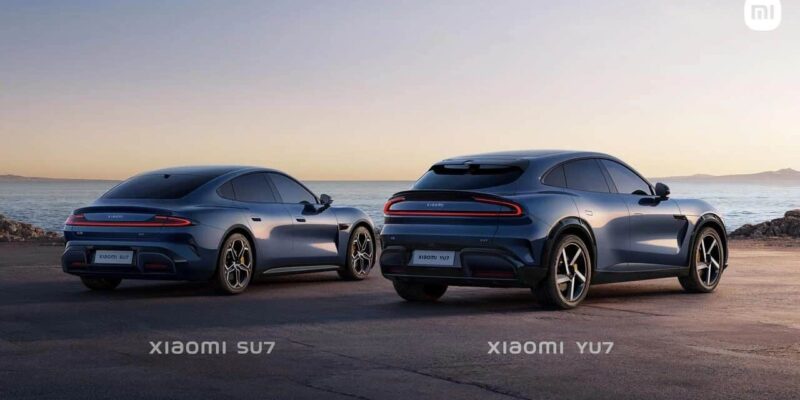Chinese tech giant Xiaomi, best known for its affordable smartphones and smart home gadgets, is making waves in the electric vehicle (EV) market with its high-performance SU7 Ultra sedan, confirmed for a future launch in South Africa. The company, which only entered the automotive industry in recent years, has already stunned the world by outperforming Tesla’s Model S Plaid and the Rimac Never at Germany’s famed ürburgring circuit.
While an exact launch date and pricing for the South African market remain under wraps, Xiaomi’s rapid rise in the EV space signals a new era of competition against established players like Tesla and BYD. With itsSU7 Ultra boasting a 7:04.957 Nürburgring lap time, the fastest for a production EV and the YU7 SUV racking up 289,000 pre-orders in just one hour, Xiaomi is proving it’s more than just a smartphone company.
By Gamuchirai Mapako
Founded in 2010 by Lei Jun, Xiaomi initially made its name with budget-friendly Android phones, smart TVs, and robotic vacuum cleaners. However, in a bold pivot, the company announced its entry into the electric vehicle market in 2021, with the first model, the SU7 sedan, rolling out in 2024.

The YU7. (Image source: Xiaomi)
Now, Xiaomi Auto, the company’s automotive division has expanded its line-up with the YU7 SUV, built on the Modena platform at Beijing’s F2 plant. The YU7’s sleek, Porsche-inspired design and cutting-edge tech have already generated massive demand, with 200,000 pre-orders in just three minutes of its June 2025 launch.
While the YU7 is making headlines, the SU7 Ultra is the true performance beast in Xiaomi’s line-up. The car has been tested and proven to be faster than Tesla Model S Plaid and Rimac Nevera with top speed electronically limited to 265 km/h. It also has long range and ultra-fast charging, 94 kWh battery delivering up to 630 km (WLTP) and 490 kW ultra-fast charging (10%-80% in just 11 minutes)
The Max variant, with dual-motor all-wheel drive, delivers supercar-like acceleration while maintaining practicality for families.
While Xiaomi has yet to confirm pricing or exact launch dates for South Africa, the move aligns with the country’s growing EV adoption, driven by government incentives for electric vehicles and rising fuel costs making EVs more attractive.
South Africa’s auto market is also seeing increased competition, with Tesla, BYD, and now Xiaomi vying for dominance. If priced competitively, the SU7 Ultra and YU7 could disrupt the local EV scene.
Xiaomi’s rapid rise in the EV market proves that tech companies can disrupt traditional automaker. With the SU7 Ultra breaking records and the YU7 SUV selling out in minutes, the Chinese giant is positioning itself as a serious rival to Tesla.
For South African consumers, the arrival of Xiaomi’s EVs could mean more choices, better tech, and (hopefully) competitive pricing. The big question remains: Will Xiaomi’s cars be as game-changing as its smartphones?














Comments